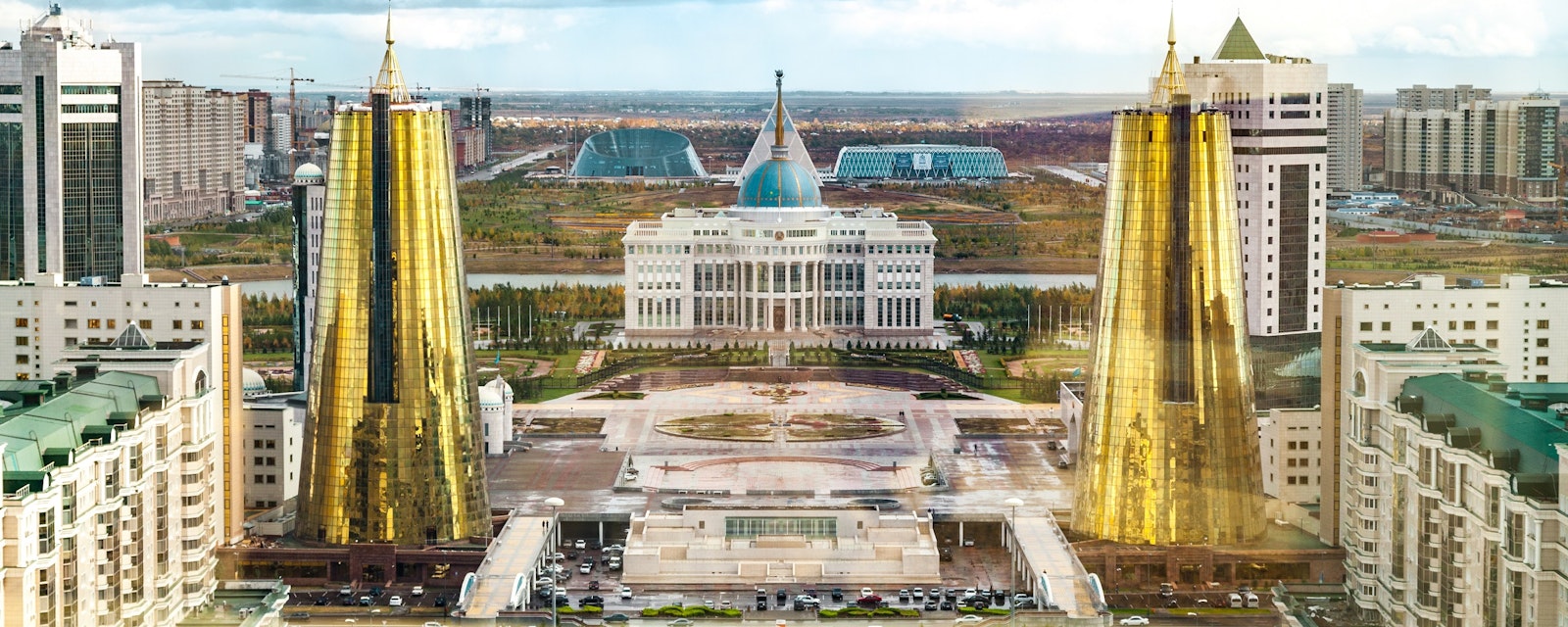Having survived widespread protests last week, President Kassym-Jomart Tokayev is moving to address socio-economic grievances and consolidate his grip on power. However, in the absence of structural economic and political reforms, the risk of renewed public unrest will remain elevated. By helping to preserve Tokayev’s rule, Moscow has increased its leverage over the incumbent and reinforced its image as a guarantor of stability in the post-Soviet area.
Tokayev on 11 January addressed the nation and laid out a pathway to “normalization”. While emphasizing the role of “armed terrorists and foreign militants” in escalating the violence, Tokayev acknowledged the government’s failure to address corruption and economic inequality and has based his normalization strategy on a shift away from the legacy of his predecessor Nursultan Nazarbayev and his family.
In addition to the arrest of long-time Nazarbayev ally and former head of domestic intelligence Karim Massimov and pledging to bolster alternative security institutions such as the National Guard, Tokayev has ensured that his new cabinet is free from individuals with prominent business positions throughout Kazakhstan. In his speech, Tokayev singled out a waste management company owned by the Nazarbayev family as ripe for government takeover. This signals the government might take action against other businesses, including in the banking sector, with ties to Nazarbayev, which could disrupt ties between the state and key economic interests.
Besides attempts to curb the influence of Nazarbayev, Tokayev’s statements suggest that he will seek to defuse public tensions primarily by focusing on pressing socio-economic issues. At the onset of protests, Tokayev had already instructed a special commission to investigate price collusion in the energy sphere as well as to draft a new bankruptcy law covering individual bankruptcies. The recommendations of this commission are expected by the end of January. Tokayev has also given parliament two months to draft a stimulus and economic reform plan that would address income inequality and unemployment. Moreover, he has called for the creation of a new investment fund (the Kazakhstan People’s Fund) that will be capitalized by taxing wealthy income groups and companies active in the minerals sector.
However, for now it appears that the country is unlikely to undergo major structural reforms either to the economy or to the political system. The economic package announced to date entails price controls and protection of retail borrowers with a pledge to address income inequality primarily by targeting any companies with ties to Nazarbayev. On the political front, Tokayev has given no indication that he is in favor of a constitutional reform, direct regional elections, or greater political freedoms. And if any political reforms are announced at a later point, they would likely be carried out in a way to consolidate the incumbent’s position. However, the absence of structural reforms would increase the potential for protests to re-emerge in the longer term.
According to Tokayev, the Russia-led Collective Security Treaty Organization’s (CSTO) “peacekeepers” have completed their core mission in Kazakhstan and will completely leave the country within the next ten days. For Moscow, the deployment of CSTO troops helped to quell disconcerting violent unrest aimed at the neighboring authoritarian regime, which could have increased political instability in the region and potentially even raised a risk of similar events in Russia itself. As in Belarus or Nagorno-Karabakh in 2020, Russia once again served as a guarantor of stability in its perceived sphere of influence. At the same time, this has allowed Moscow to gain leverage over Kazakh authorities. However, Moscow is aware that any protracted stay of its military could foment anti-Russian sentiment in Kazakhstan.




